- Civilian casualties rise in Kyaukphyu amid junta artillery and airstrikes
- Weekly Highlights from Arakan State (Feb 9 to 15, 2026)
- Over 1,000 IDPs in Ponnagyun face starvation as firewood sales fail to offset soaring prices
- Junta launches major offensive to retake Tagaung
- Seven fires reported in Arakan State in 2026; residents urged to heighten safety awareness
Overseen by junta-appointed UEC, debate continues over election system change for Myanmar
Senior General Min Aung Hlaing, leader of the military junta that seized power last year on the grounds that Myanmar’s November 2020 general election was rigged, has said that another election will be held in August 2023.
12 Jan 2022
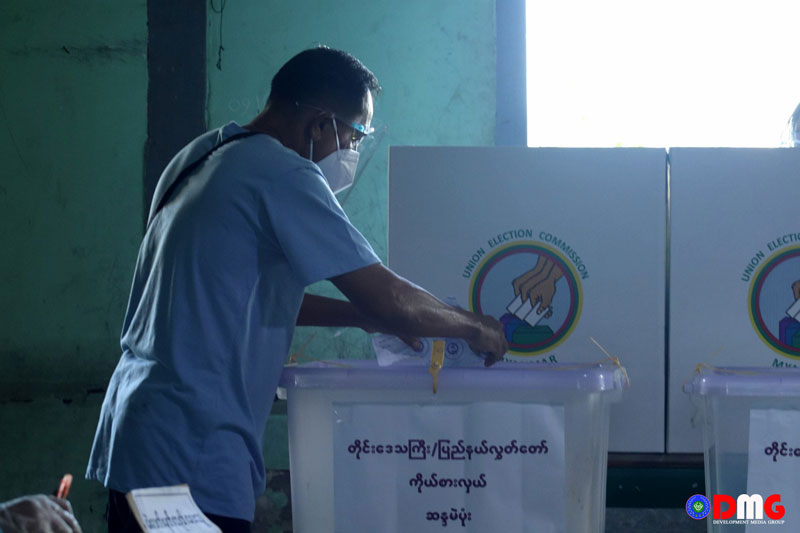
DMG Newsroom
12 January 2022, Sittwe
Senior General Min Aung Hlaing, leader of the military junta that seized power last year on the grounds that Myanmar’s November 2020 general election was rigged, has said that another election will be held in August 2023.
The junta-appointed Union Election Commission (UEC), meanwhile, is angling to change the country’s general election format from First Past The Post (FPTP) to Proportional Representation (PR).
The general elections in 2010, 2015 and 2020 were held using a FPTP scheme, which the National League for Democracy (NLD) dominated at the national level in 2015 and 2020.
Dr. Aye Maung, chairman of the Arakan Front Party (AFP), said he is optimistic that the Myanmar junta will hold PR-based elections in future.
“If we go with proportional representation (PR), we will create an environment for a coalition government and no one party can monopolise it. Most parties have to form a government after consulting with MPs, and the military cannot form a government on its own. A government must be formed only after negotiating with the emerging parties,” he said.
He said the AFP would run in every election to prevent the dissolution of the party, regardless of whether the election was held under a PR or FPTP system.
The junta-controlled UEC met with 59 of the more than 90 registered political parties for the first time in May 2021, to discuss holding future general elections using a PR system.
A second round of talks was held in November and a third meeting took place in December. The discussions were attended by members of the AFP, some smaller ethnic political parties and military-backed parties, including the Union Solidarity and Development Party (USDP).
U Than Htay, a spokesman for the Khami National Development Party, said a PR system is needed to get smaller ethnic parties into legislatures, as the previous FPTP system was a one-party dominated system.
“A PR system is needed to get small ethnic parties into parliament. Although I have been interested in PR in the past, there are many types of PR systems, so it is questionable what will happen in the election,” he said.
The Arakan National Party (ANP) — which has not attended any of the meetings on prospective PR systems convened by the junta’s UEC — is currently studying the PR system, said party chairman U Thar Tun Hla.
Despite the junta’s announcement that elections will be held in August 2023, U Thar Tun Hla cast doubt on that timetable.
“The current situation in Myanmar is not conducive to a new election. In Myanmar, everything is complicated. I think the political situation is not stable yet in Myanmar,” he said.
U Hla Myint, a spokesman for the Arakan League for Democracy (ALD), said the party had not studied the PR system and did not want to comment on the matter due to the lack of internal discussions.
Globally, many democracies practice some form of proportional representation.
Mann Aung Pyi Soe, chairman of the Karen National Democratic Party (KNDP), said it was not clear what kind of PR system would be used in Myanmar, but that it would be accepted if it was beneficial to ethnic minority constituencies.
“If it is beneficial for ethnic areas, we accept the PR system. The exact decision has not been made yet. If the PR system is beneficial for the ethnic areas, it will be accepted,” he said.
Political analysts see Myanmar’s military regime as trying to tighten its grip on power while leading the push for changes to the country’s electoral system, with a constitutionally guaranteed 25% of seats in parliament and other built-in advantages already enshrined in the 2008 charter.
“I am not interested in either the PR system or the elections to be held by the military council soon. I don’t think this will be easy in the current political climate,” said U Tun Win, a former Arakan State lawmaker.




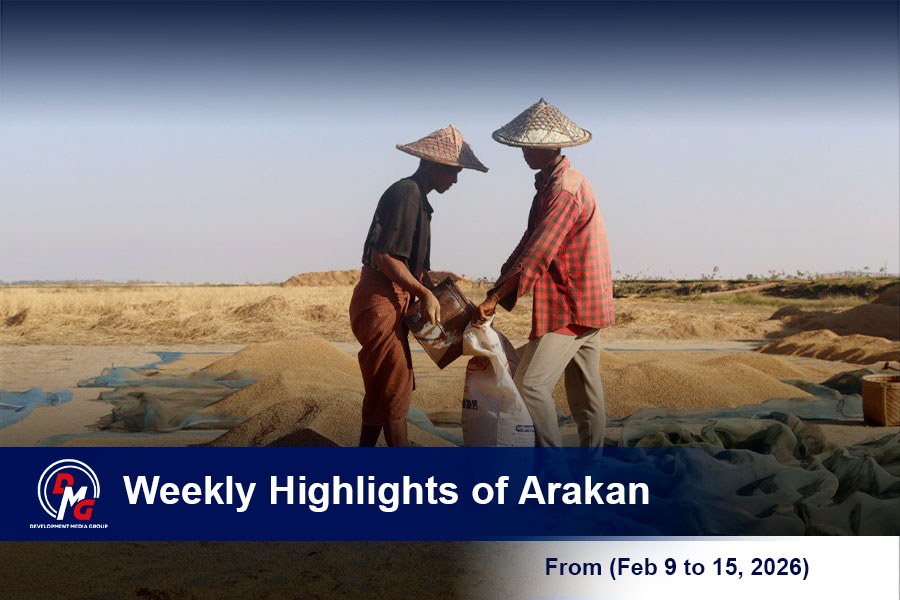
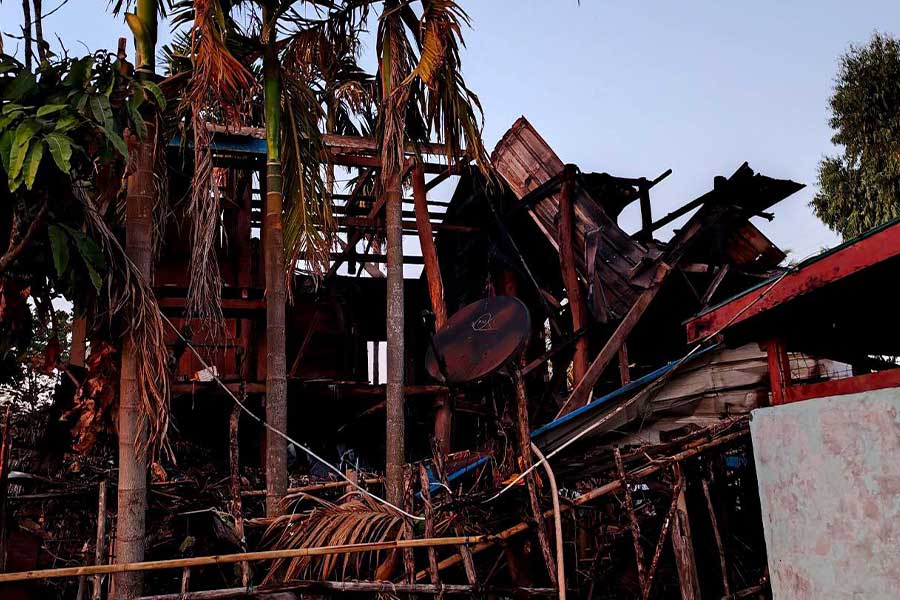
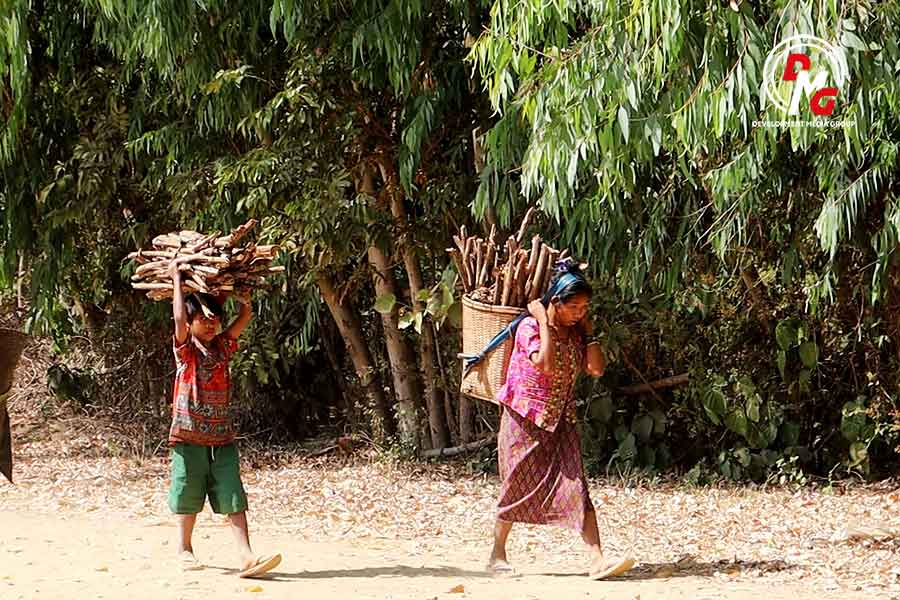
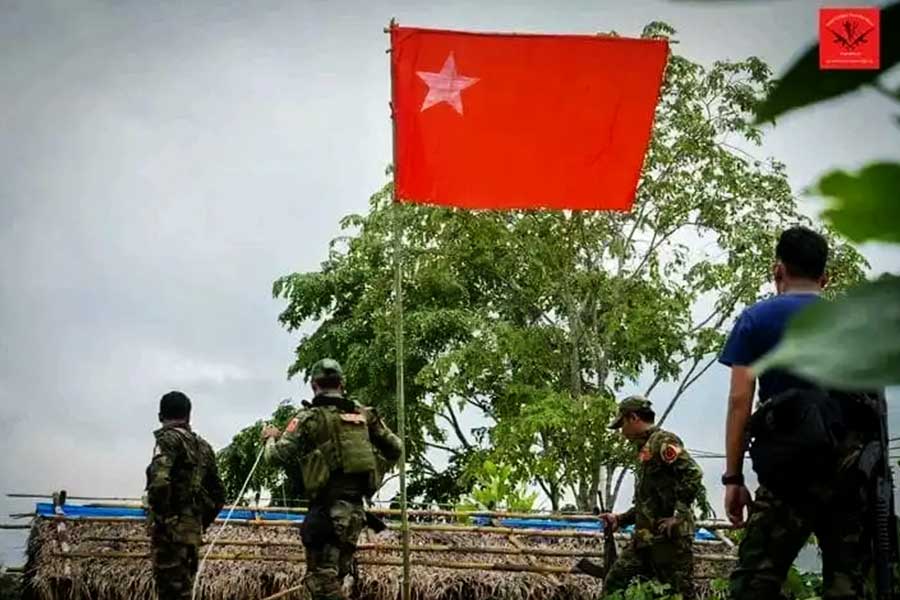
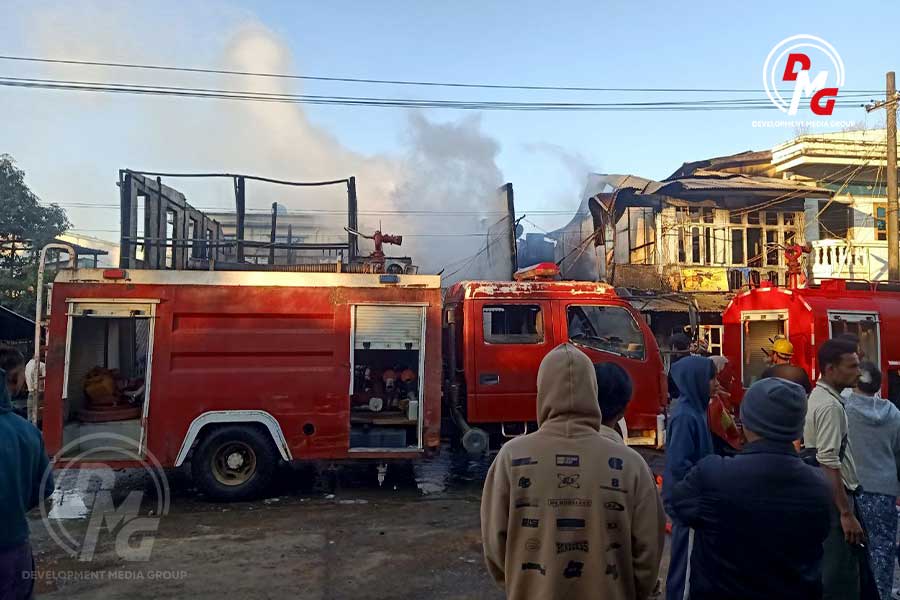







.jpg)
